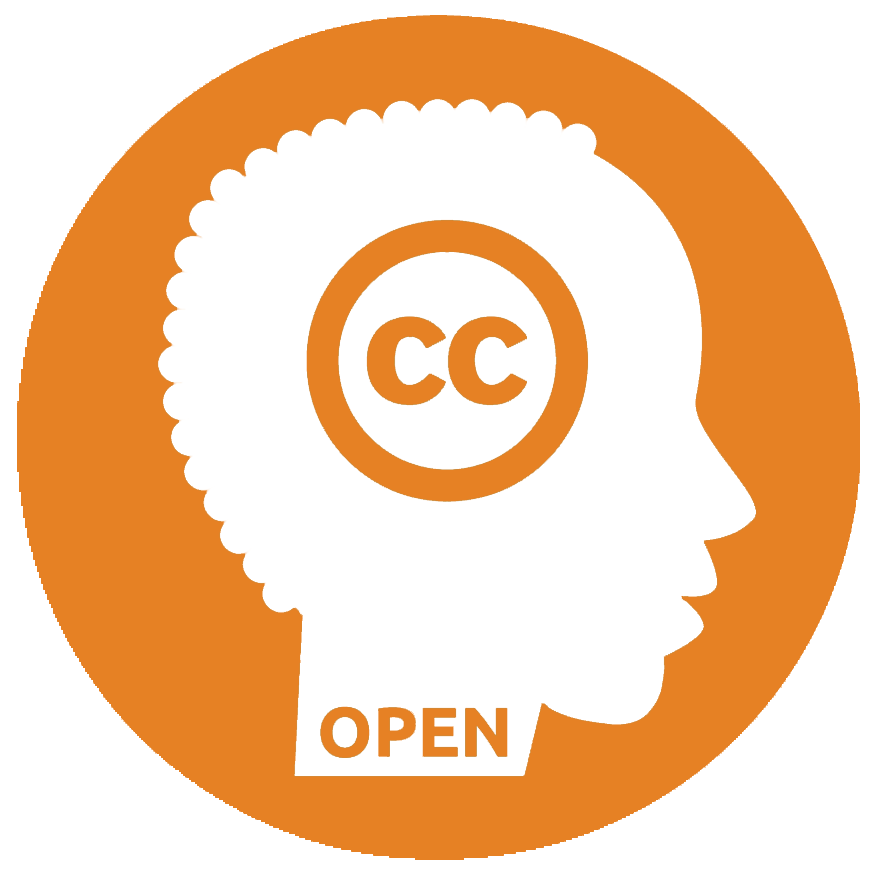Effectiveness of digital-based interventions for children with mathematical learning difficulties: A meta-analysis
Resource type
Journal Article
Authors/contributors
- Benavides-Varela, Silvia (Author)
- Zandonella Callegher, Claudio (Author)
- Fagiolini, Barbara (Author)
- Leo, Irene (Author)
- Altoè, Gianmarco (Author)
- Lucangeli, Daniela (Author)
Title
Effectiveness of digital-based interventions for children with mathematical learning difficulties: A meta-analysis
Abstract
The purpose of this work was to meta-analyze empirical evidence about the effectiveness of digital-based interventions for students with mathematical learning difficulties. Furthermore, we investigated whether the school level of the participants and the software instructional approach were decisive modulated factors. A systematic search of randomized controlled studies published between 2003 and 2019 was conducted. A total of 15 studies with 1073 participants met the study selection criterion. A random effects meta-analysis indicated that digital-based in terventions generally improved mathematical performance (mean ES ¼ 0.55), though there was a significant heterogeneity across studies. There was no evidence that videogames offer additional advantages with respect to digital-based drilling and tutoring approaches. Moreover, effect size was not moderated when interventions were delivered in primary school or in preschool.
Publication
Computers & Education
Volume
157
Pages
103953
Date
11/2020
Journal Abbr
Computers & Education
Language
en
ISSN
03601315
Short Title
Effectiveness of digital-based interventions for children with mathematical learning difficulties
Accessed
27/09/2022, 11:59
Library Catalogue
DOI.org (Crossref)
Citation
Benavides-Varela, S., Zandonella Callegher, C., Fagiolini, B., Leo, I., Altoè, G., & Lucangeli, D. (2020). Effectiveness of digital-based interventions for children with mathematical learning difficulties: A meta-analysis. Computers & Education, 157, 103953. https://doi.org/10.1016/j.compedu.2020.103953
Outcome measure
Instructional domain (subject)
Education Level and Type
Groups of students
Moderating variables
Tech Hardware
Tech Software
Learning Approach
Teacher Pedagogy
Research methods
Effect size/ heterogeneity
HIC/LMIC
Quality of research
Geography if specific
Link to this record

